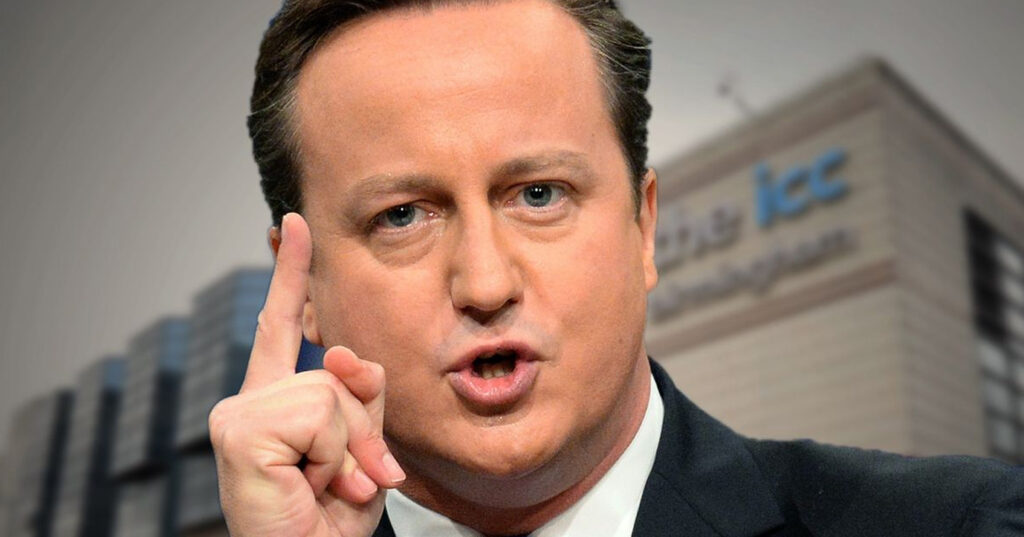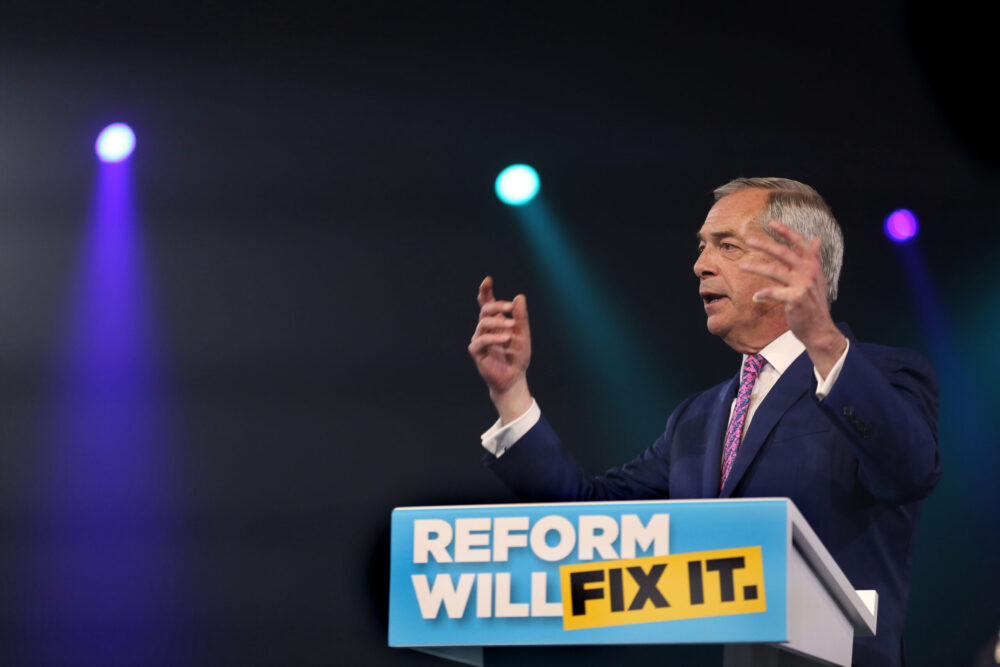
The Liberal Democrats used much of their week in Brighton to discuss, as one Twitter wag put it, all the policies they would pursue if only they didn’t have power. For some, notably Vince Cable, differentiation from the Tories was the name of the game. Nick Clegg was steadfast in his commitment to the coalition, with a firm message on the deficit. But he too was keen to draw dividing lines with the Conservatives where he could: “Do you really think the Tories will make Britain fairer?” he encouraged his campaigners to ask on the doorstep.
As my research in marginal seats has consistently found, the Lib Dems’ heavily localised appeal means they are unlikely to do as badly at the next election as their single-figure national poll ratings currently suggest. Nevertheless, the week has highlighted their strategic dilemma: how to set themselves apart from the Tories while showing that they can contribute to a grown-up coalition.
Polling Lib Dem voters during the party’s post-election slump, I concluded its best hope for the future lay in appealing to people who wanted it to be a serious force, not those who used it as an opt-out from having to choose. Becoming a kind of opposition-in-office, as a way of pitching to left-leaning voters who wish they had never entered government in the first place, would be the worst of all possible worlds. An appeal to the left would be hampered by the fact that for many of their disillusioned former voters, the Lib Dems’ problem is one of trust as much as policy. Noisily making unmeetable demands would contradict their supposed aptitude for coalition politics, and make them seem even less influential in Whitehall, not more.
At the Conservative conference we will see how David Cameron plans to deal with his own predicament. One third of his voters from 2010 now say they would not vote for the party in an election tomorrow. His main priority, some argue, should therefore be to appeal to previous Tory voters for whom the government’s record has been less stoutly Conservative than they had hoped. But there could only be one winner if the coalition parties reverted to strategies tailored to their respective fringes. Ed Miliband would not miss the chance to fill what would then be the vacant position of a party of government for the broad mass of voters.
The only route to the majority the Tories crave is to show they are governing for the whole country. Certainly, this involves bringing back the “defectors” who voted Tory in 2010 but currently say they will not next time. But this alone would only take the party back to the vote share that took it into coalition.
To govern alone, the Tories need to attract and hold people who did not vote for them last time and may never have done so before. The latest phase of Project Blueprint, my ongoing research on the prospects for an overall majority, found there are as many people who voted Lib Dem in 2010 who might be persuaded to vote Tory as there are Conservatives tempted to switch to UKIP. The Conservatives do not have the luxury of choosing between the two if they want to govern alone after 2015.
This is a conundrum for the Tories but the demands of these two groups are not as irreconcilable as they might appear. Potential converts agree that the Tories have the best approach to the economy and vastly prefer Cameron as prime minister to the alternative. They have reservations about whether the Conservatives are committed to fairness. Potential defectors – of whom the biggest chunk say they do not know which party they will vote for – often think the party does not seem to be on their side, or are disappointed with Cameron. Many, though, say a Conservative government is their preferred election outcome and simply dislike the coalition.
The Tories can appeal to both these sets of voters, and to the wider electorate, if everything they do shows they have the right priorities for the country, displays strong leadership, proves they are on the side of the right people, and offers some reassurance about their character and motives. Deficit reduction, constructive welfare reform, more responsive public services, a measured demonstration that promises are being kept on crime and immigration – combined with a greater sense of direction and grip – all qualify.
Cameron needs to show a determination to make life better for people whether they supported the Tories last time or not. After all, if the Conservatives want to ditch the Lib Dems after the next election, they will need to steal their voters.


